We may earn money or products from the companies mentioned in this post. This means if you click on the link and purchase the item, I will receive a small commission at no extra cost to you ... you're just helping re-supply our family's travel fund.
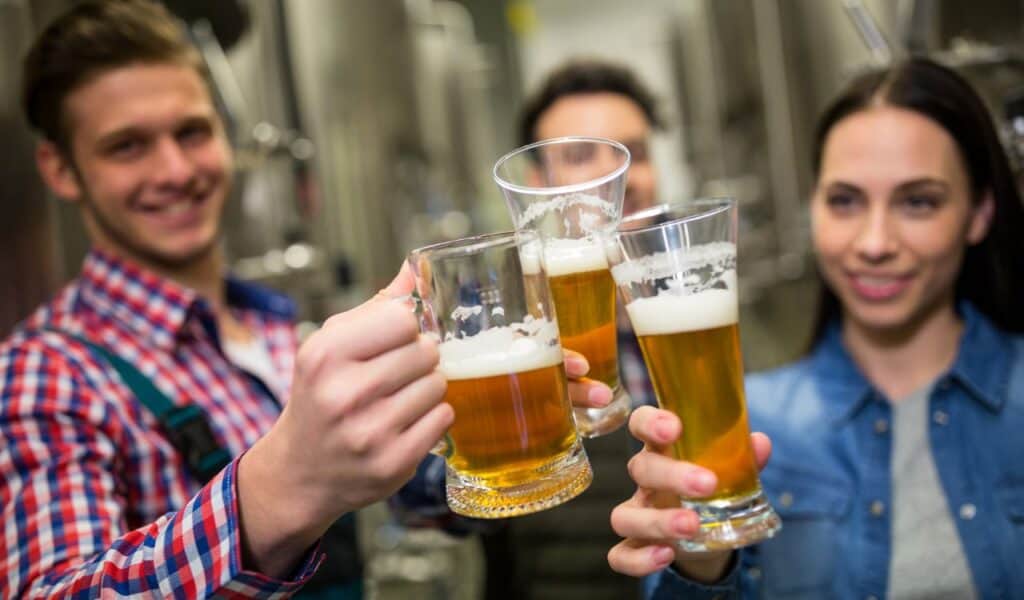
America’s craft beer boom has hit a wall, and the cities taking the hardest hits might surprise you. For the first time in two decades, more breweries closed than opened in 2024, with 501 shutting down versus 434 new openings nationwide. Craft beer production dropped 4% (the largest decline outside the pandemic era) as rising real estate costs, shifting tastes toward wine and spirits, and post-COVID changes exposed which cities were truly committed to craft culture and which were just riding a trend that’s now over.
Houston, Texas
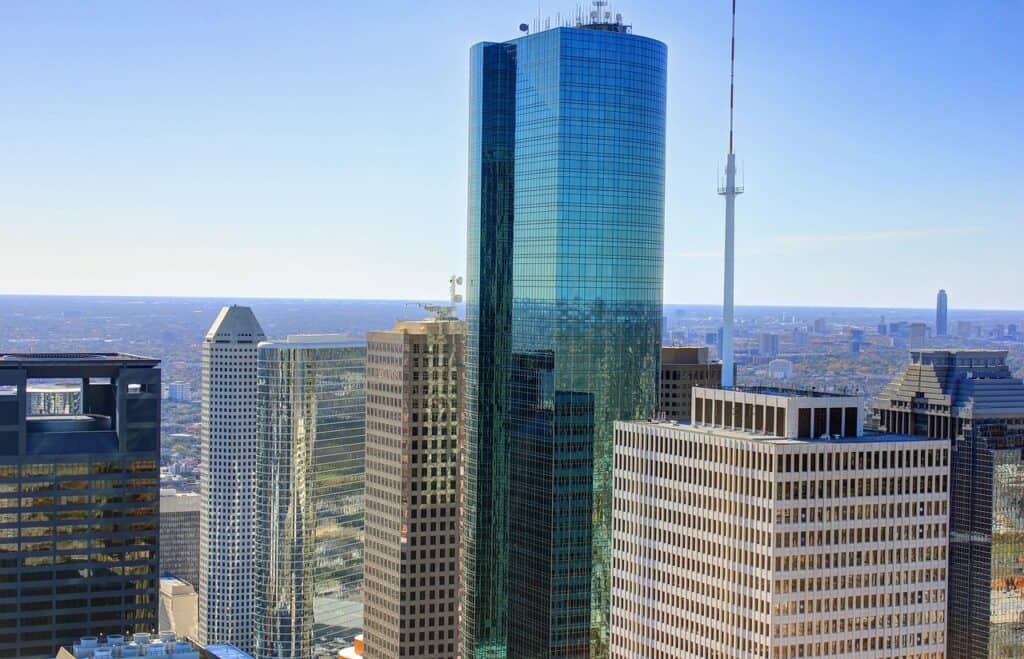
Houston, the city that never met an indulgence it didn’t embrace, has surprisingly turned its back on craft beer. As the epicenter of Texas’s brewing collapse, Houston is watching breweries vanish at a 7.5% closure rate (among the highest in America) even as the city’s acclaimed food scene continues thriving. What makes this particularly striking is that Texas now ranks 48th nationally with just 2.0 breweries per 100,000 adults, placing it dead last among major beer markets despite its massive population. The Lone Star State’s 29 brewery closures in 2024 reveal that even big, bold Texas couldn’t sustain the craft beer dream against skyrocketing real estate and waning local enthusiasm for $8 IPAs.
San Francisco, California
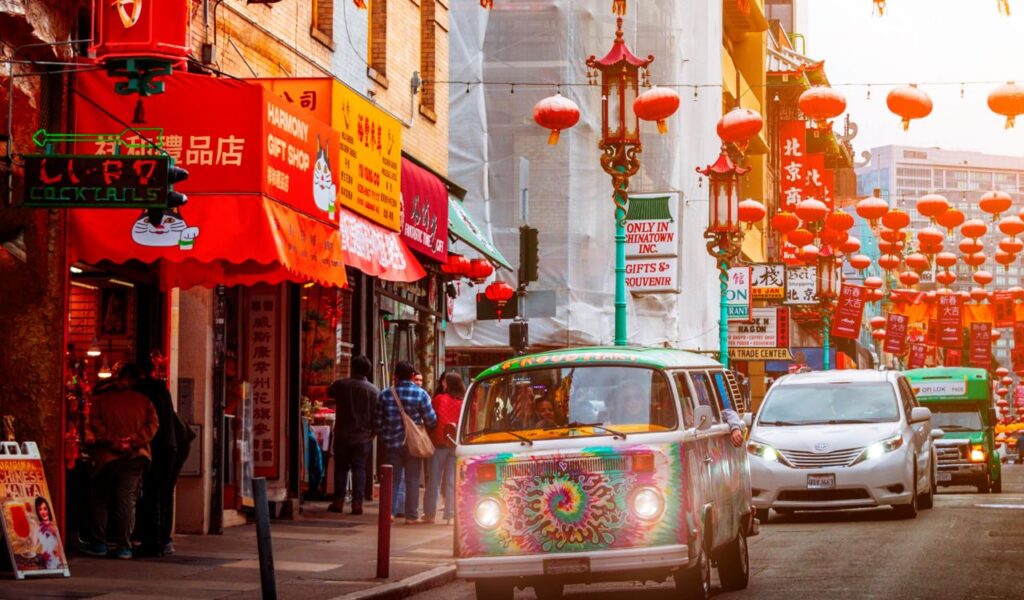
San Francisco, the birthplace of American craft beer culture, has watched its pioneering spirit fizzle out in spectacular fashion. The closure of 21st Amendment Brewery after 25 years of operation serves as a symbolic death knell: a beloved institution named after the constitutional amendment that ended Prohibition couldn’t survive the Bay Area’s crushing real estate costs and shifting consumer preferences. California suffered 48 brewery closures in 2024 alone, with San Francisco’s urban core particularly devastated by the exodus. The irony runs deep: the state that helped launch America’s craft beer revolution in the 1980s is now watching its breweries close at an alarming rate, unable to compete with cheaper alternatives and younger drinkers choosing cocktails over craft pints.
Portland, Oregon
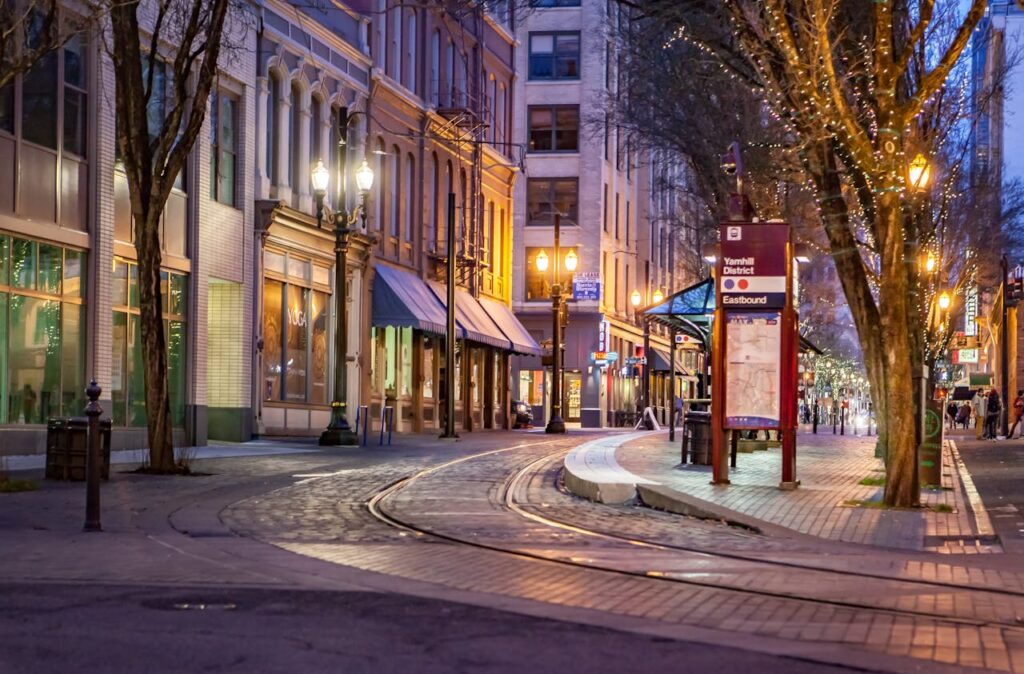
Portland’s fall from grace represents perhaps the most shocking reversal in craft beer history. The city that once defined American craft brewing (where being able to name your neighborhood brewery was practically a citizenship requirement) has seen Oregon suffer 18 brewery closures compared to just 9 openings in 2024. Oregon has plummeted to 7th place with 9.4 breweries per 100,000 adults, a steep drop from its undisputed national dominance just years ago. The city that made “Keep Portland Weird” a mantra by celebrating independent breweries is now struggling to keep them open, as market oversaturation and changing tastes finally caught up with the Pacific Northwest’s former craft beer capital. If Portland can’t sustain craft brewing, nowhere can.
Seattle, Washington
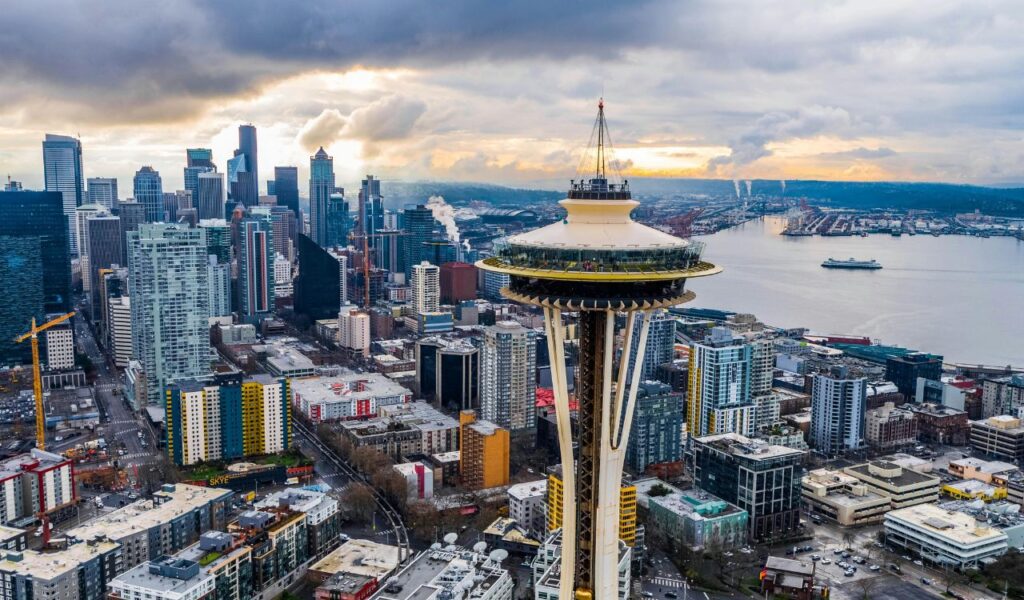
Seattle, the city that turned coffee into a lifestyle and should have done the same for beer, is watching its craft brewing scene contract in real time. Washington state suffered 21 brewery closures versus only 18 openings in 2024, with Seattle losing respected names like Bad Jimmy’s Brewing and Whitewall Brewing as consumer demand weakened across the Emerald City. The city that once boasted one of America’s most enthusiastic craft beer communities now ranks 9th with 7.5 breweries per 100,000 adults. The region that pioneered counterculture consumption (from grunge to fair-trade espresso) couldn’t sustain its explosion of breweries, revealing that Seattle’s craft beer enthusiasm was more trend than tradition.
Washington, D.C.
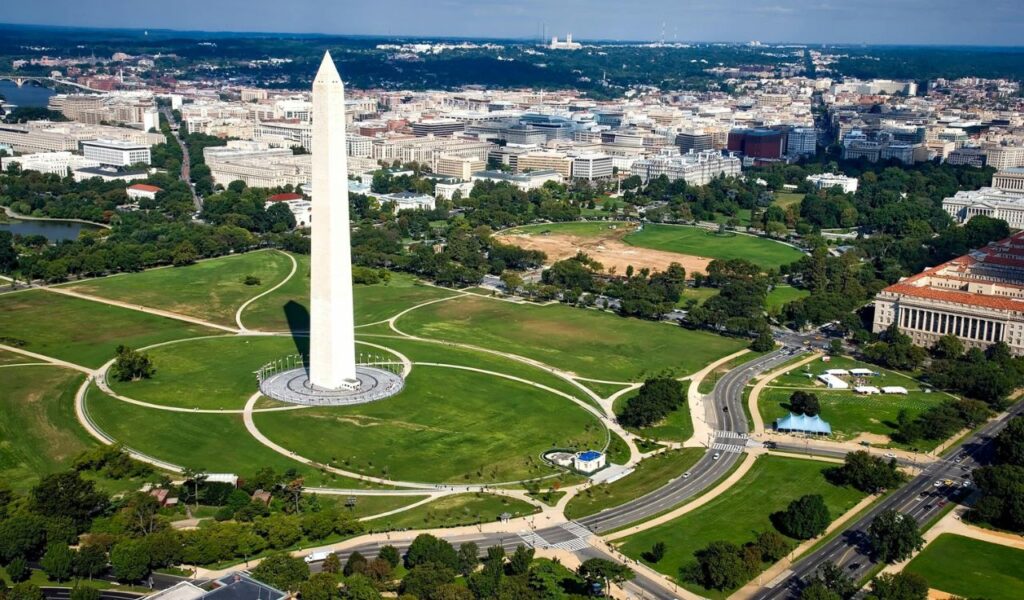
The nation’s capital has seen its craft beer enthusiasm evaporate in the wake of post-COVID office abandonment that decimated downtown foot traffic. Breweries like Atlas Works watched their wholesale business collapse practically overnight as office workers who once stopped by after work never returned, making remote work policies an unexpected death sentence for urban taprooms. D.C. now ranks a dismal 37th nationally with just 2.7 breweries per 100,000 adults (among the lowest rates for any major metropolitan area). What makes Washington’s decline particularly revealing is that a city packed with young, affluent professionals (craft beer’s core demographic) can’t sustain its brewing scene, exposing deeper generational shifts in drinking habits that extend far beyond economic factors.
Cincinnati, Ohio
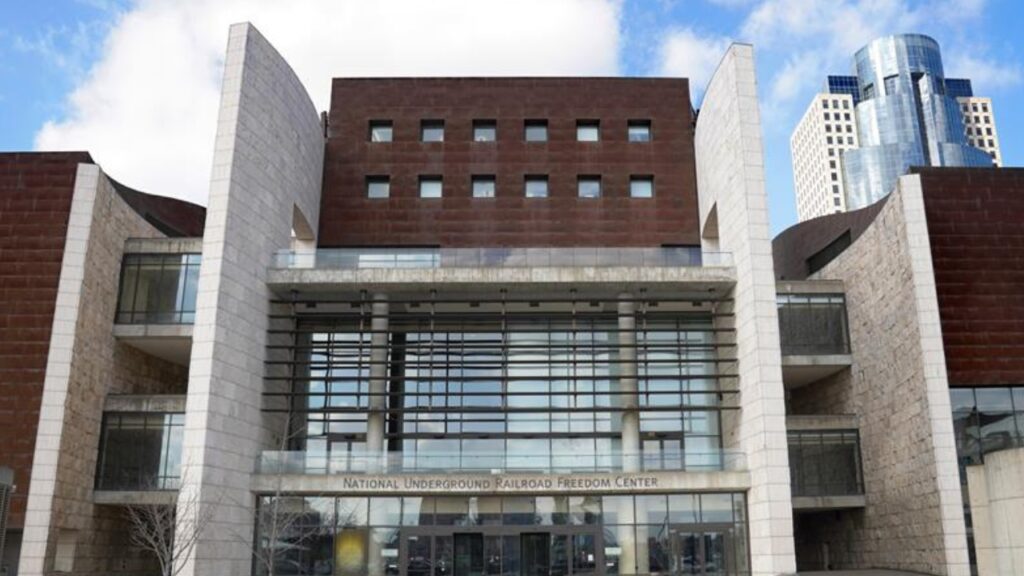
Cincinnati experienced a brutal wave of brewery closures in 2024 that wiped out beloved local institutions including Dogberry, Firehouse Grill & Brewery, West Sixth Box Park, and Taft’s Brewporium before year’s end. The Queen City’s craft beer scene had flourished throughout the 2010s alongside ambitious urban revitalization projects, but couldn’t withstand declining demand and fierce competition from established national brands. Ohio ranks 23rd with 4.8 breweries per 100,000 adults, well below the national average and reflecting the Midwest’s struggle to maintain craft beer momentum. Cincinnati’s struggles perfectly illustrate how mid-sized cities that embraced craft brewing during the boom years are now facing harsh reality: the market simply can’t support the number of breweries that opened when craft beer seemed unstoppable.
Milwaukee, Wisconsin
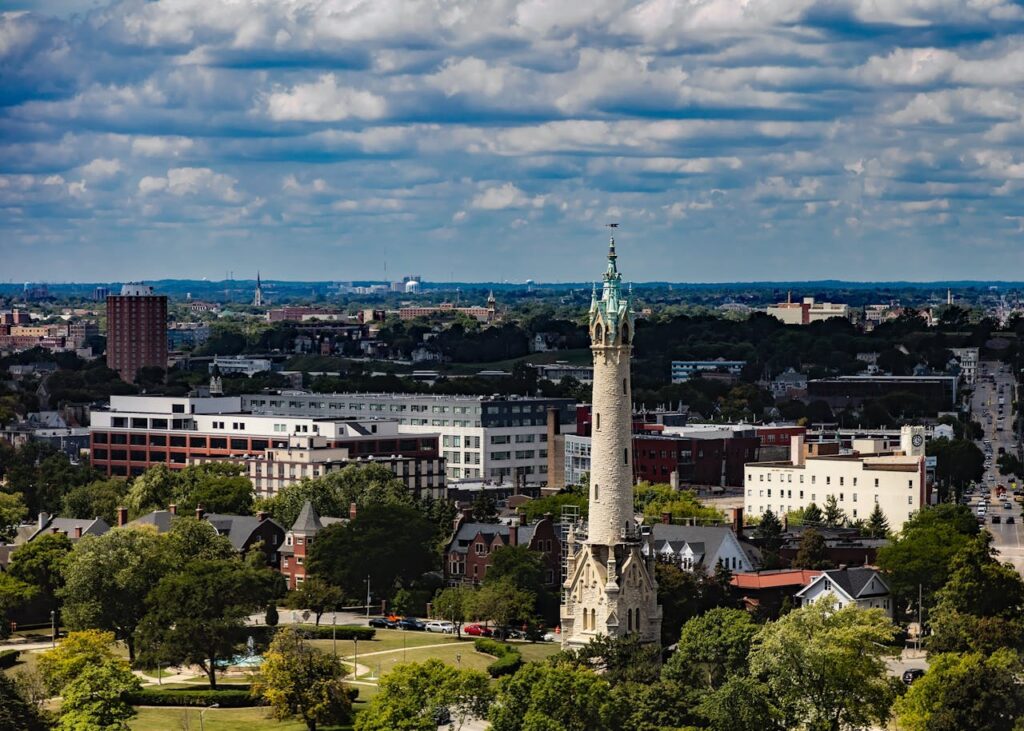
Even Milwaukee (a city synonymous with American beer heritage dating back to the 1800s and home to legendary brewers) couldn’t escape the craft beer decline sweeping the nation. The closure of breweries like Enlightened Brewing and MobCraft Brewing in a city where beer culture runs deeper than anywhere else in America signals just how severe the industry contraction has become. Wisconsin ranks 13th with 5.9 breweries per 100,000 adults, a respectable figure that masks a troubling downward trend as traditional beer culture proves insufficient to sustain newer craft operations. Milwaukee’s struggles carry profound symbolism: if the city that gave America Miller, Pabst, and Schlitz can’t keep craft breweries alive, it raises serious questions about whether craft brewing has any long-term viability beyond niche markets.